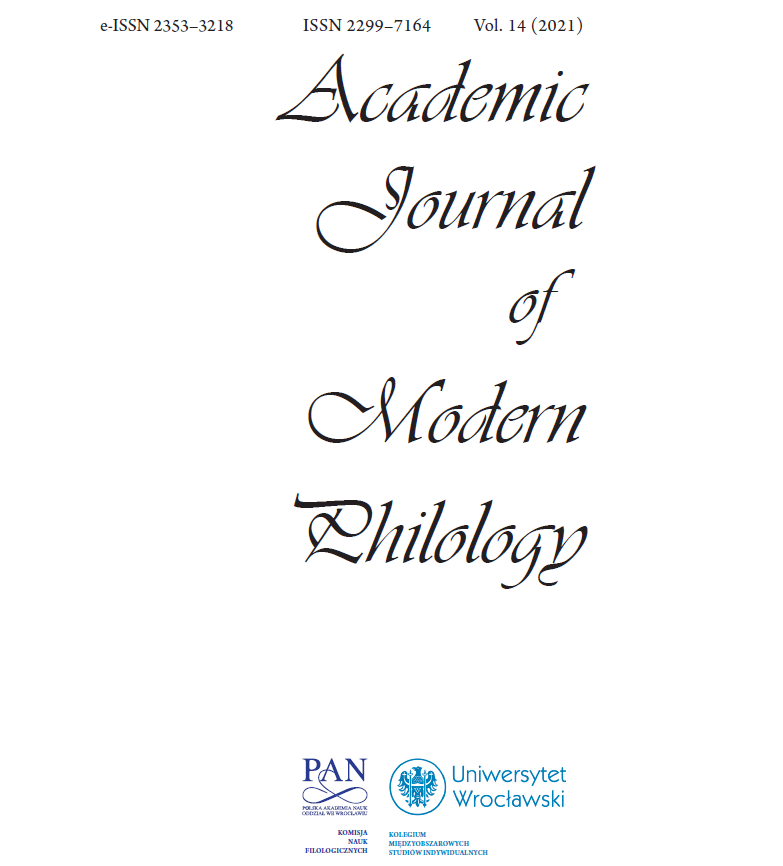Milindapañha and the Role of Buddhism as a Catalyst for Public Communication and Discussion
Milindapañha and the Role of Buddhism as a Catalyst for Public Communication and Discussion
Author(s): Olga KubicaSubject(s): Social Sciences, Language studies, Language and Literature Studies, Communication studies, Theology and Religion, Philology
Published by: Komisja Nauk Filologicznych Oddziału Polskiej Akademii Nauk we Wrocławiu
Keywords: Buddhism; Gandhāra; Indo-Greek; Menander; ethnic identity; accommodation
Summary/Abstract: As Amartya Sen has rightly noticed (Sen 2005: 182), one of Buddhist main principles was attaching special importance to discussions and dialogue. This argumentative tradition, which is traceable in Buddhism from the very beginning, for example in the texts of the Sutta Piṭaka or the so-called “Buddhist councils,” especially the third of them in the time of Aśoka, who in his edicts advocated respect for dissenting views, finds its exemplification in the Milindapañha — a Pāli Buddhist text, missing original version of which was probably written in Gāndhārī. The analysis of this text, taking into account a variety of possible influences in a multicultural environment of the region of its origin – Gandhāra and during its transmission, as well as the applied artistic means, will give us the opportunity to reconsider the crucial questions regarding the religious and ethnic identity of the Indo-Greek ruler and the attractiveness of Buddhism to the Greeks living in the region of Gandhāra in the second and first century BC. These questions, in a broader perspective, relate to the matters of the dialogue on its many levels: socio-political, intercultural, interpersonal and intrapersonal. Analysis of these levels enables us to notice the essence of the dialogue and its importance
Journal: Academic Journal of Modern Philology
- Issue Year: 2021
- Issue No: 14
- Page Range: 237-245
- Page Count: 9
- Language: English

